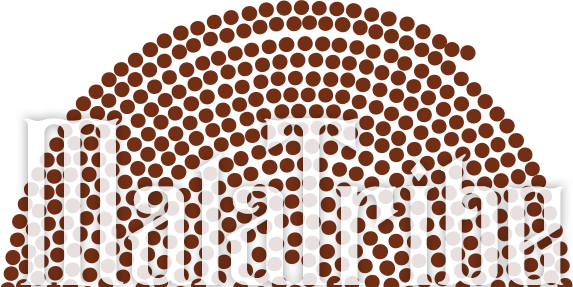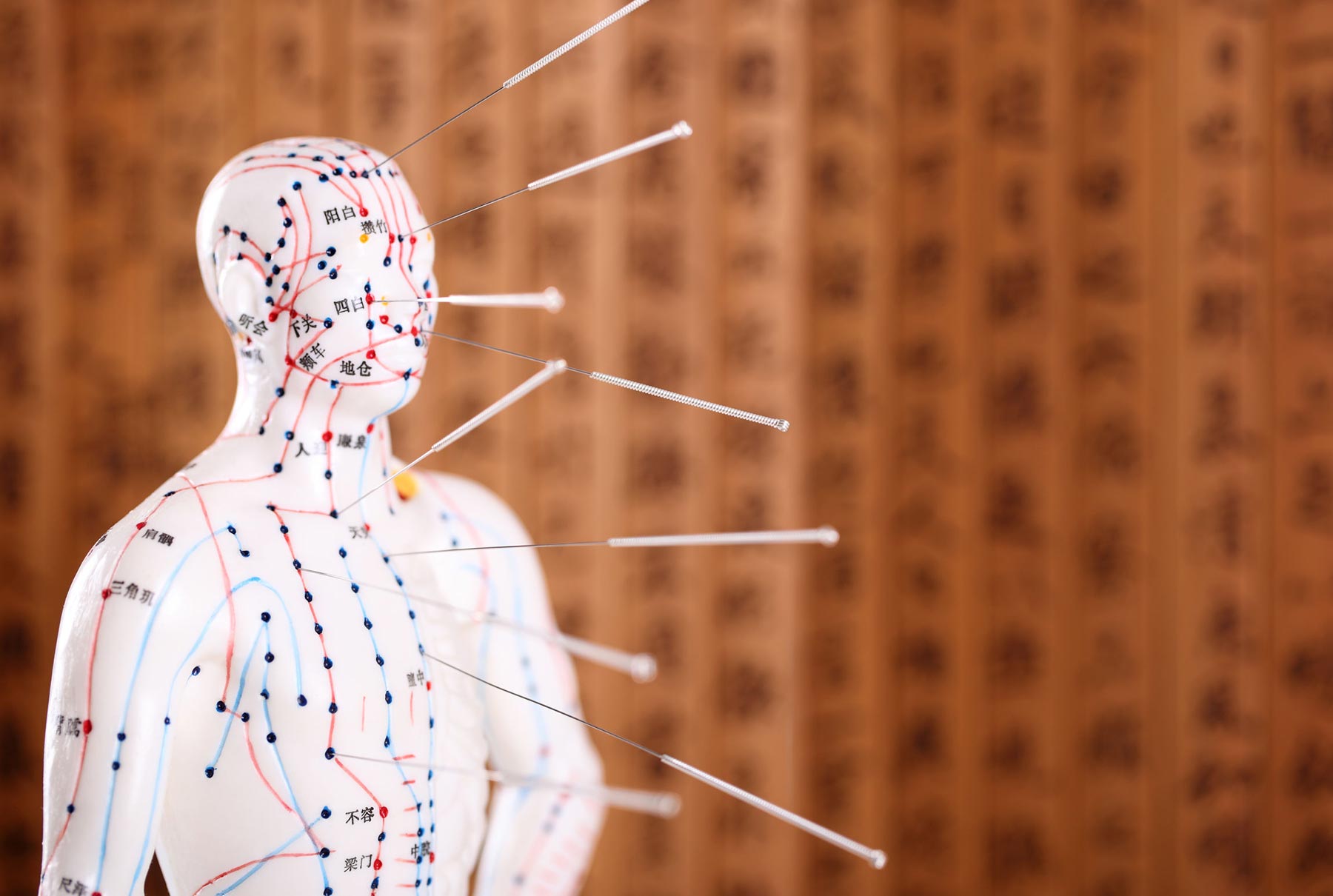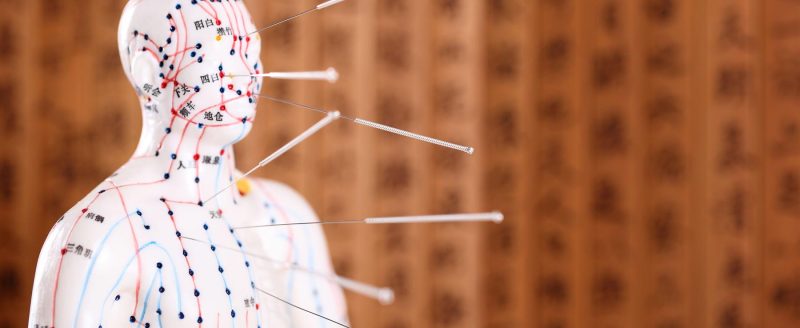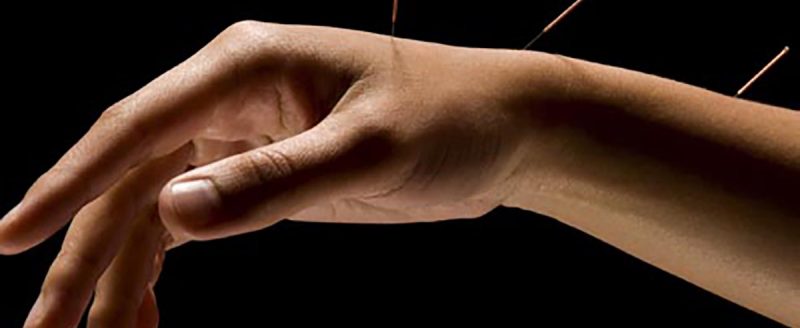Millions of Americans turn to acupuncture each year to treat chronic pains and even depression. Recently, researchers at Rutgers University reported that combining the acupuncturist’s needle with an electric current could yield a new treatment for severe inflammation. Yet many scientists look skeptically at the practice.
There may not be a clear verdict yet but Scientific American MIND has brought together several experts to share their views. These include acupuncturist Hugh MacPherson, senior research fellow at the University of York in England; Edzard Ernst, emeritus professor of complementary medicineat the University of Exeter; Shu-Ming Wang of the Department of Anesthesiology and Perioperative Care at the University of California, Irvine, School of Medicine; pharmacologist David Colquhoun at University College London, also author of the blog DC’s Improbable Science; and Harriet Hall, a retired family physician and U.S. Air Force flight surgeon who writes the SkepDoc column in Skeptic magazine.
What’s your opinion on the evidence for acupuncture’s effectiveness in medicine and specifically depression?
MacPherson: Strong evidence exists that acupuncture is effective for chronic pain conditions. For depression, we have evidence that acupuncture is a useful adjunct to conventional care. In one recent trial patients on antidepressants who received acupuncture did significantly better than those who just took medication. Patients who received counseling in addition to their medication received a similar benefit to the acupuncture group.
Ernst: Most studies examining the effectiveness of acupuncture are not rigorous. Those that are more rigorous fail to show that acupuncture is more than a placebo in managing depression.
Wang: My opinion is that acupuncture stimulations trigger the release of beneficial hormones and, theoretically, can serve as a mood stabilizer.
Colquhoun: Acupuncture does not work, which means all discussions of how it does work are irrelevant. I’m not aware of any evidence that acupuncture works for depression.
Hall: The published evidence on acupuncture indicates that it might be helpful for pain and possibly for postoperative nausea and vomiting, but not for any other indications. All the evidence is compatible with the hypothesis that acupuncture is no more than a placebo.
Finish reading on Scientific American’s website




